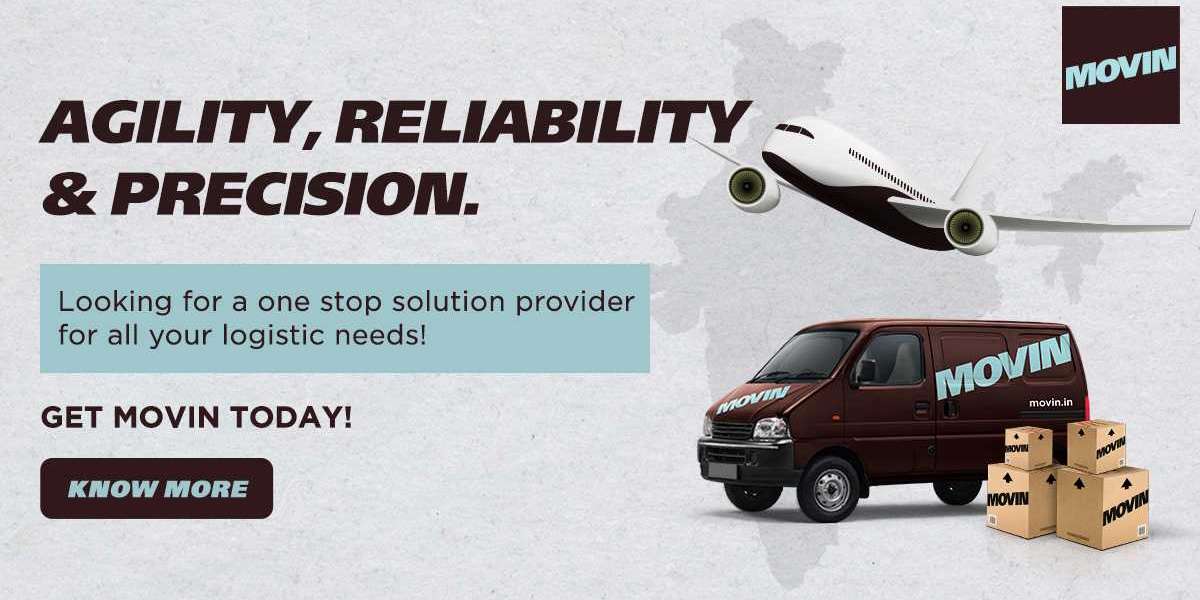Fuel Surcharge in India: Who Pays and How It Affects B2B Logistics Rates
The Indian B2B logistics landscape is a complex and dynamic one, influenced by a multitude of factors. Among these, fuel surcharge plays a crucial role, directly impacting transportation costs and overall logistics rates. But who exactly bears this burden, and how does it ripple through the B2B sector? Let's delve deeper into this critical question.
Understanding Fuel Surcharge:
Fuel surcharge is an additional fee levied by logistics providers on top of the base shipping rate. It aims to compensate for fluctuations in fuel prices, which are notoriously volatile in India. This mechanism allows carriers to maintain profitability amidst rising fuel costs, ensuring the sustainability of their operations.
Who Pays the Price?
The fuel surcharge in logistics represents a critical cost element that B2B logistics services provided by companies engaging must contend with. The responsibility for managing this surcharge fundamentally lies with these businesses. However, the specific dynamics of how this cost is handled can vary based on the contractual agreements between the shipper and the logistics service provider.
Shipper Pays Directly: One common method of dealing with the fuel surcharge is where the shipper bears the cost directly. In this scenario, the logistics provider clearly outlines the fuel surcharge as a separate line item on the invoice issued to the shipper. This transparent approach enables shippers to incorporate these costs into their financial planning and budgeting processes accurately.
Embedded in Rates :On the other hand, some logistics providers adopt a different approach by embedding the fuel surcharge into their base rates. While this method may make the surcharge less visible to the shipper, it nevertheless influences the overall transportation expenses incurred. For businesses, especially those keen on financial predictability, negotiating fixed rates that include minimal surcharges could prove advantageous. By doing so, they can mitigate the impact of fluctuating fuel prices and better forecast their logistics expenditures.
Impact on B2B Logistics Rates:
Fuel price fluctuations directly influence fuel surcharge, leading to fluctuations in B2B logistics services rates. This can have several cascading effects:
- Increased Costs: Rising fuel prices translate to higher fuel surcharge, directly impacting logistics expenses for businesses. This can squeeze profit margins and necessitate adjustments to pricing strategies.
- Supply Chain Disruptions: Unpredictable fuel surcharge fluctuations can disrupt supply chain planning and budgeting, making it difficult for businesses to ensure on-time deliveries and cost control.
- Shifting Dynamics: In response to volatile fuel surcharge, B2B businesses might explore alternative transportation modes or optimize routes to minimize fuel consumption, potentially altering established logistics patterns.
Navigating the Fuel Surcharge Landscape:
B2B companies can navigate the complexities of fuel surcharge by adopting strategic approaches:
- Negotiate Contracts: Negotiate fixed rates with minimal fuel surcharge fluctuations for predictable budgeting.
- Fuel-Efficient Practices: Partner with logistics providers committed to fuel-efficient practices and alternative fuel options.
- Supply Chain Optimization: Utilize technology-driven solutions to optimize routes and minimize fuel consumption within the supply chain.
- Transparency and Communication: Maintain open communication with logistics providers to understand fuel surcharge calculations and anticipate potential cost changes.
In conclusion, fuel surcharge is an integral part of B2B logistics services in India, directly impacting rates and cost structures. By understanding its implications and adopting strategic approaches, B2B businesses can navigate this dynamic landscape and ensure efficient, cost-effective transportation for their operations.



